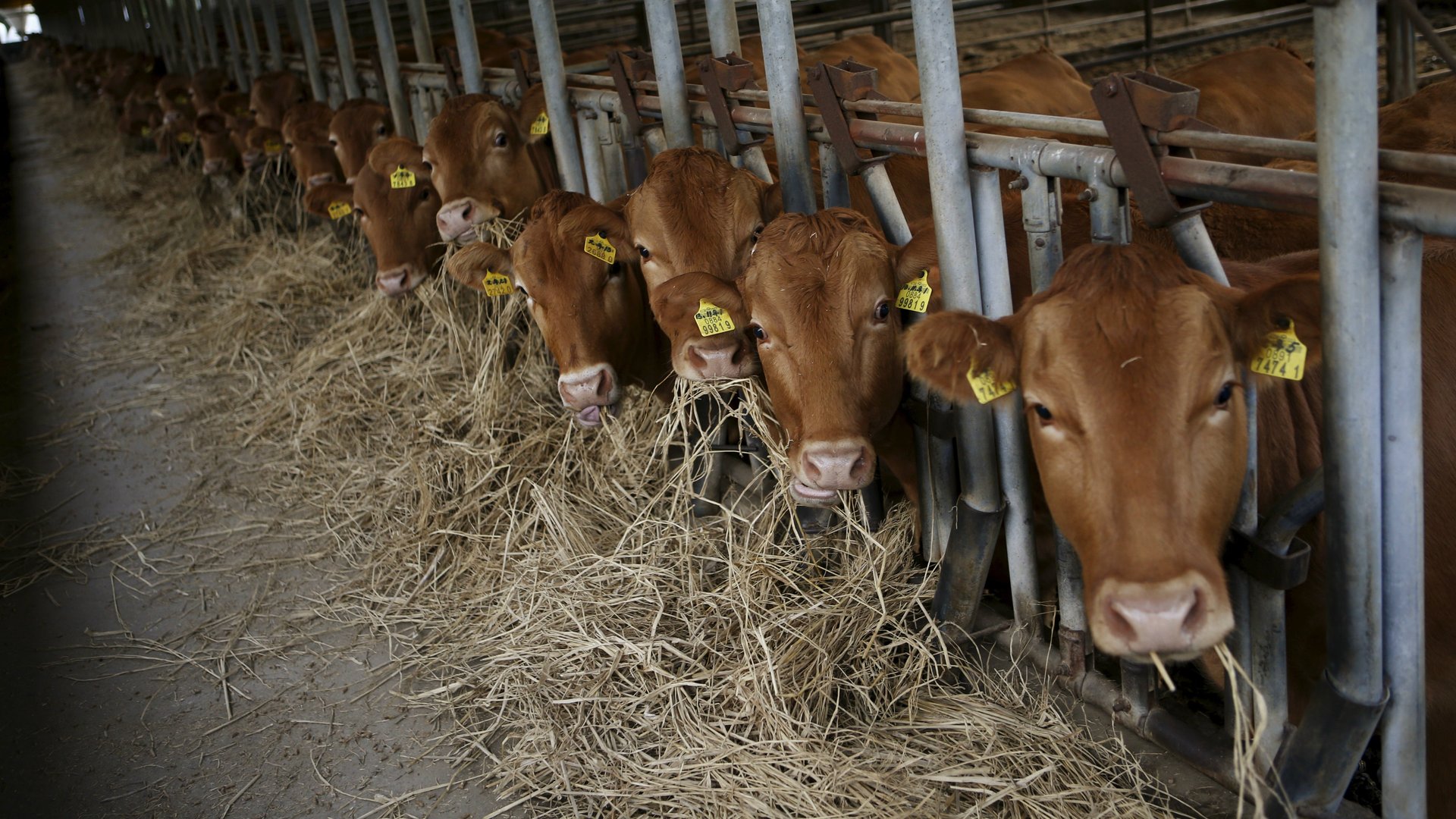Millennials are deluding themselves about eating less meat
The millennial mindset is complicated—especially when it comes to meat.


The millennial mindset is complicated—especially when it comes to meat.
Younger American consumers may say environmental sustainability tops their list of concerns when choosing to purchase products, but there’s reason to believe their habits don’t live up to their purported values.
New research into meat consumption habits show the country’s millennial generation is on track to eat just as much meat as the Boomer generation—even as more environmental scientists decry meat production as a major contributor to greenhouse gas emissions and other environmental problems.
Americans still hanker for cheap meat
So what gives? After all, this is the generation that has hassled food companies about antibiotics use in meat. They care enough about the livelihood of chickens to force the egg industry into cage-free operations. And they’re committed enough to a greener world to dabble in vegan milks and laboratory-born foods.
And yet, the US meat industry is still going strong and working hard to better its image. Sales of meat alternatives represent only a fraction of US meat sales, and US meat consumption rose by 5% in 2015, compared to the prior year, a trend Rabobank expects to continue.
The uptick is partly due to US consumers eating more meat since the recession, especially as prices have dropped. (Rabobank expects meat prices to drop by about 14% over the next three years, thanks to more chicken production, and an end to persistent droughts that afflicted US cattle herds in the Great Plains states.)
We’ll take convenience—with a side of meat
There’s also some self-deception at play here. According to research by Midan Marketing, 78% of millennials ate either the same amount of meat or more of it last year than the year before. And they spent more on meat on average ($162 per month) than Boomers ($93 per month). That’s partly because millennials eat out more than their parents’ generation, and are willing to pay more for convenience. That convenience—i.e. buying pre-cooked rotisserie chicken rather than raw chicken parts—can come at the expense of knowing how meat was processed and where it came from, whether at a nice steakhouse or fast food joint.
In response, food companies are cranking out grab-and-go, protein-rich foods like meat bars and jerky to attract young consumers in the grocery aisle.
Plant-based burgers may have captured our imagination, but let’s not discount the staying power of guilty pleasures.